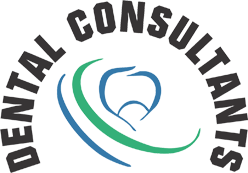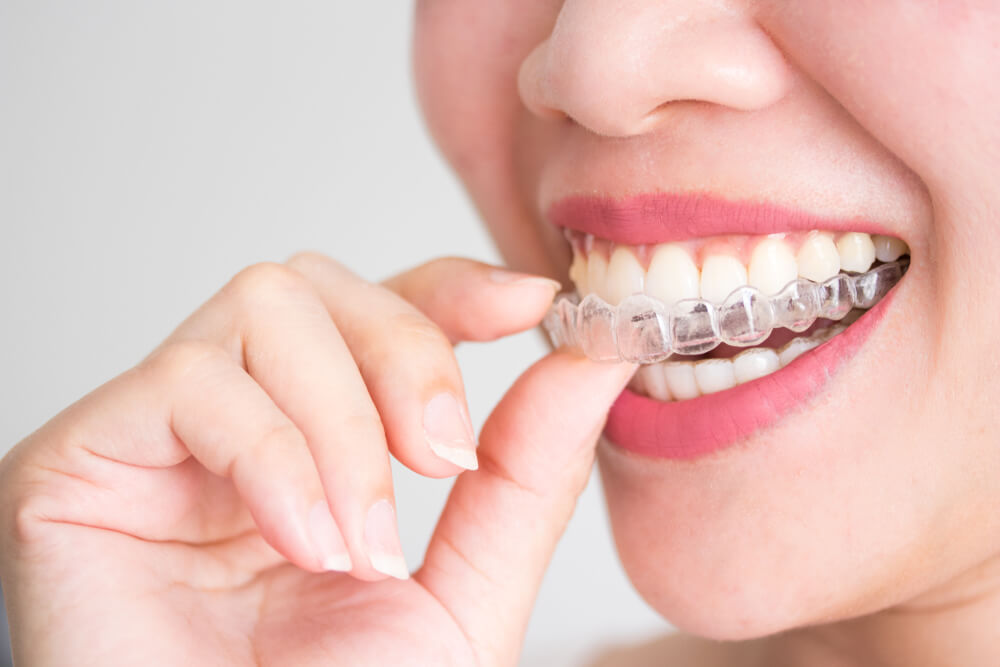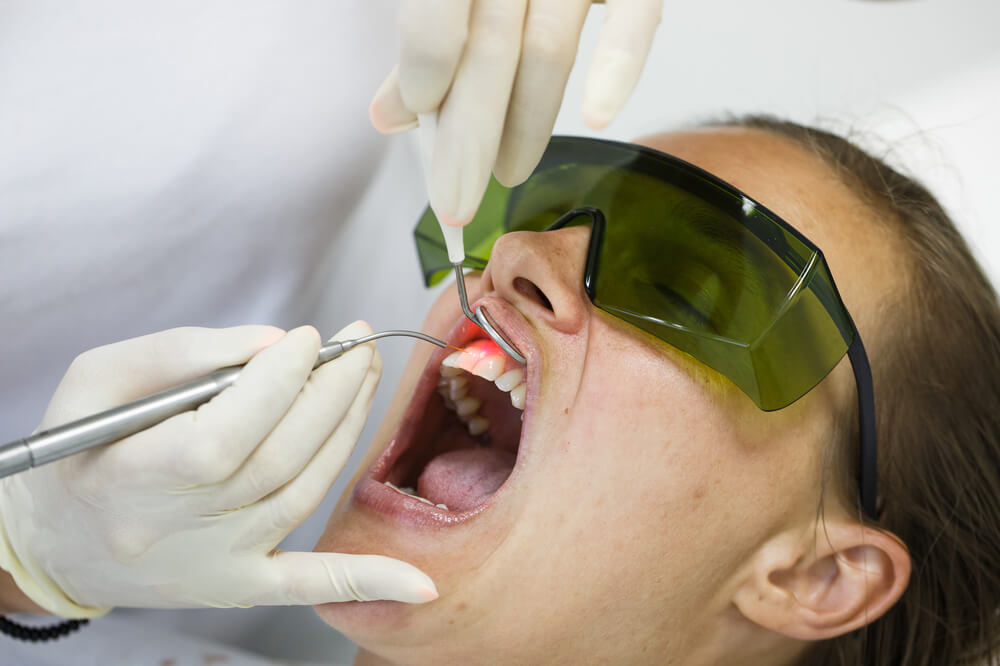Wisdom Teeth Issues – Symptoms, Signs, Removal, Recovery
Wisdom teeth issues are the third and final set of molars that most people get in their late teens or early twenties. Sometimes these teeth can be a valuable asset to the mouth when healthy and properly aligned, but more often, they are misaligned and require removal.
Impacted Wisdom Teeth Issues – Symptoms and Causes
Wisdom teeth are the four teeth in the very back of your mouth. They are the last of your teeth to appear, usually coming in between the ages of 17 and 25 (the “age of wisdom”). Sometimes one or more of the teeth may become impacted and not break through the gums because there is not enough room. If they do develop and begin growing through the gums, the wisdom teeth may begin crowding other teeth in your mouth or may start coming in at an angle.
If you have children between the ages of 16 and 19 you should find a pedodontist or family dentist to evaluate their wisdom teeth issues. The dental professional will ask your child whether the teeth are causing pain, review x-rays, and evaluate whether the teeth are impacted, crowding other teeth, or causing an infection.

If there is a problem, the dentist may recommend the removal of wisdom teeth. This is usually a less complicated procedure when the patient is younger. In cases where the tooth is impacted or coming in sideways, you may need to locate an oral surgeon to perform the procedure.
There are other factors to take into consideration when deciding to remove wisdom teeth. An orthodontist may recommend their removal to ensure a better outcome for orthodontic treatments. Some wisdom teeth issues left in the jaw can develop cysts which weaken the jawbone and cause fractures. In some cases leaving wisdom teeth in the mouth may lead to a higher rate of chronic bacterial infections later on in life.
If the wisdom teeth are taken out, there may be some discomfort, bleeding, swelling, or numbness; these symptoms usually last anywhere from up to 72 hours. The doctor may prescribe antibiotics to prevent infection or pain medication.
If your dentist determines that your wisdom teeth are healthy and are not affecting the surrounding teeth, they will not be removed. You can continue caring for them with daily brushing and flossing and regular dental check-ups, just like you do with all of the other teeth in your mouth.
Dental-Consultants.Com is your go-to source for dental information and dental education. If you are concerned about wisdom teeth, use our dental profiles to help find a family dentist or pedodontist who can help because Dental-Consultants.Com is “where patients and dentists meet.”



